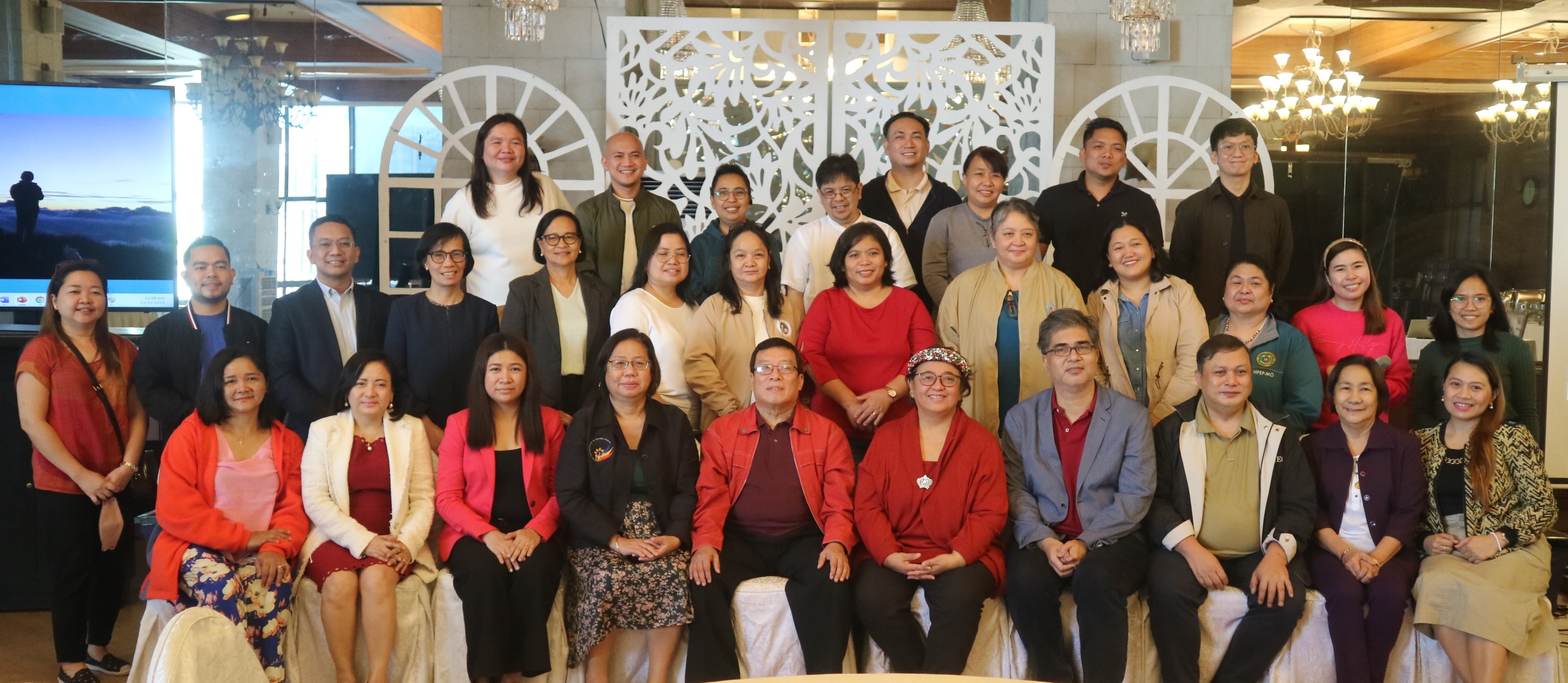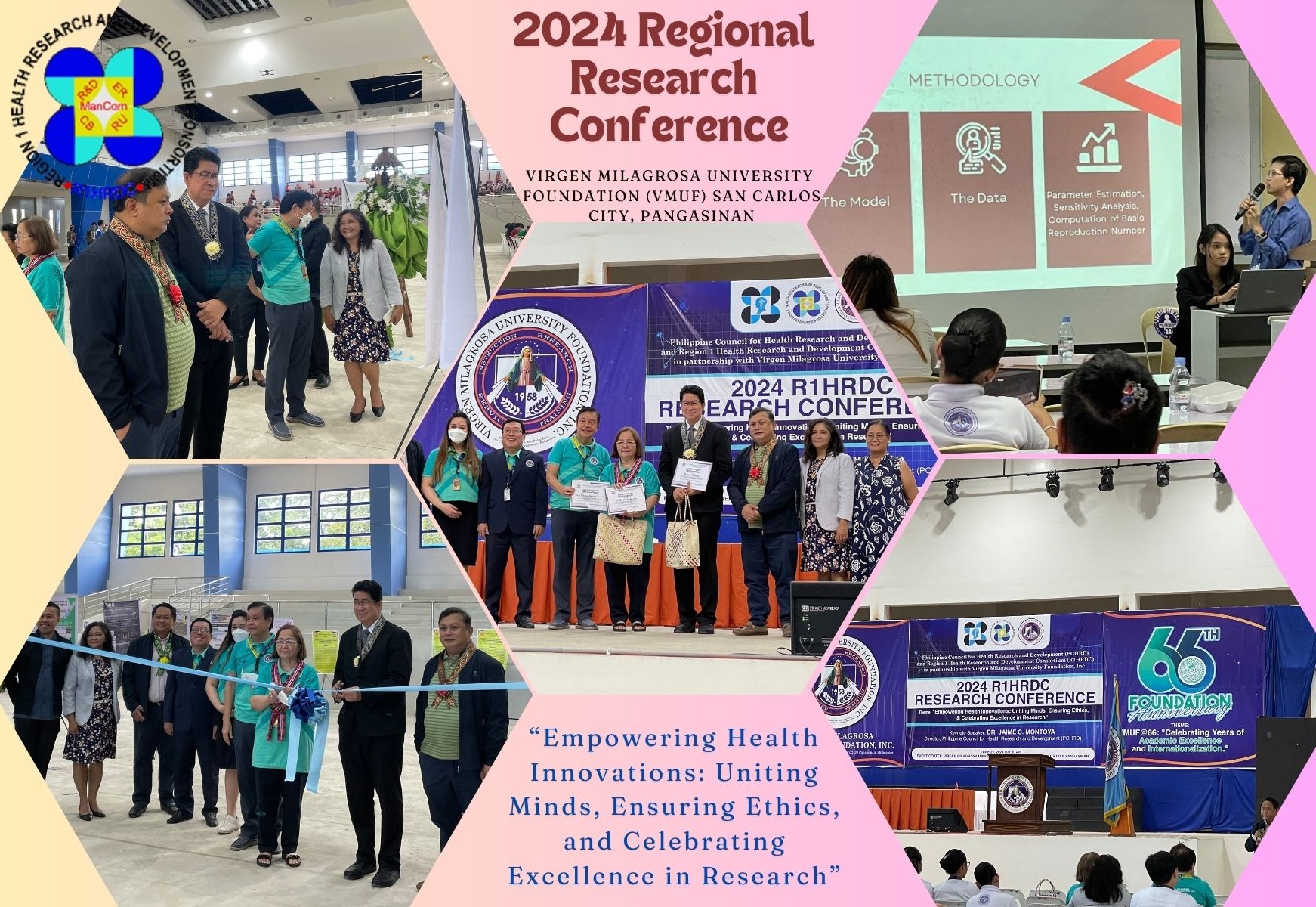"This pandemic is not over until it is over everywhere."
A commentary by COHRED's Executive Director, Board members, associates and partners published in Think Global Health highlights a complete change is needed in the approach to and funding of global preparedness.
Regardless of an increasing provision of vaccines, there are many of the poorest countries, health and research and development (R&D) systems are absolutely lacking to serve the needs of their populations. Although some are privileged to live in countries with effective health research and development systems that can ramp up their responses to such emergencies, many are not. This R&D inequity lies at the core of current and future lost lives.
The COVID-19 pandemic underlines the vaccine inequity is ethically wrong. Its continuation for more than two years into the pandemic shows the limits of global solidarity as an effective global public health strategy. For several decades, most LMICs have invested low in their own R&D ecosystems and remain depended on the scientific, and financing efforts of high-income countries to address their R&D requirements which does not solve the long-term problem of inequitable participation in effective R&D and resulting interventions.
The two biggest current threats to global health security—pandemics and climate change—require equitable access to R&D and implementation.
"Vaccine inequity" should not become "vaccination inequity."
R&D equity should become an explicit objective in national and international development and collaboration policy, especially between high- and low- and middle-income countries.
READ MORE.
Source: Research Fairness Initiative | January 22 e-Newsletter













